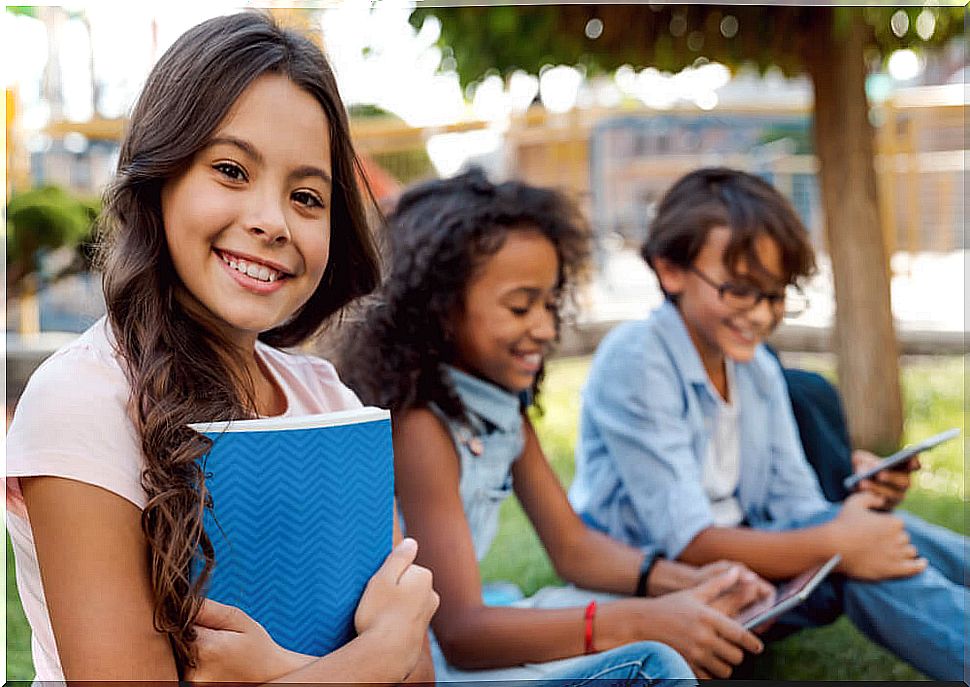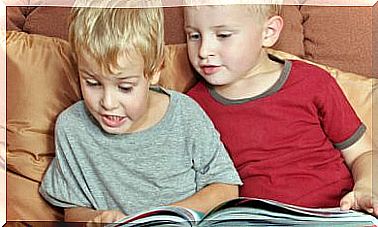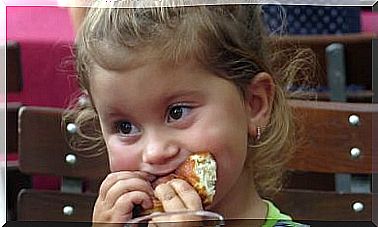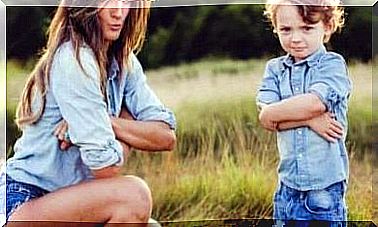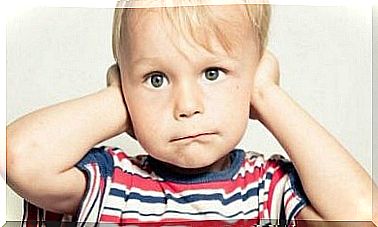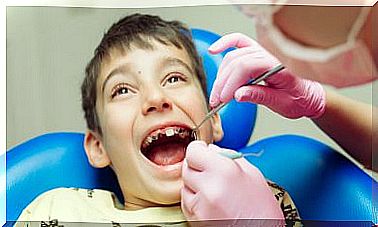The Pedagogy Of Error: Teaching Children To Learn From Mistakes
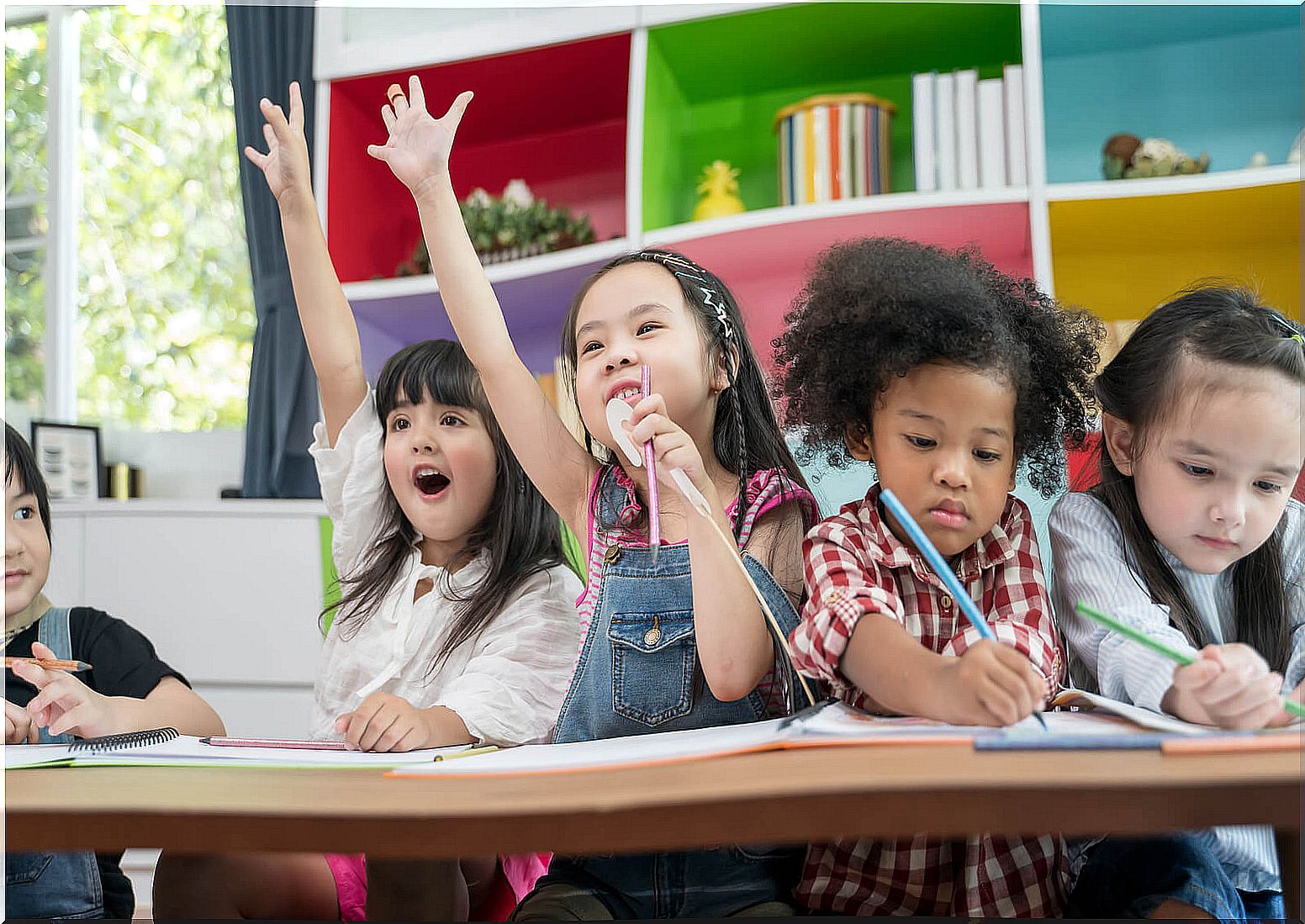
For years children have been taught to see error as something bad and negative, as a failure to be avoided at all costs. But today it is known that this is counterproductive for correct learning, and it could even be said that it is unnatural, since it is impossible not to ever be wrong. For this reason, today there are many educators who defend the pedagogy of error.
As popular wisdom says: “You learn from mistakes . ” This is, in general, what the pedagogy of error is based on. Do you want to know more about this educational strategy? Pay attention to what we tell you in the following lines.
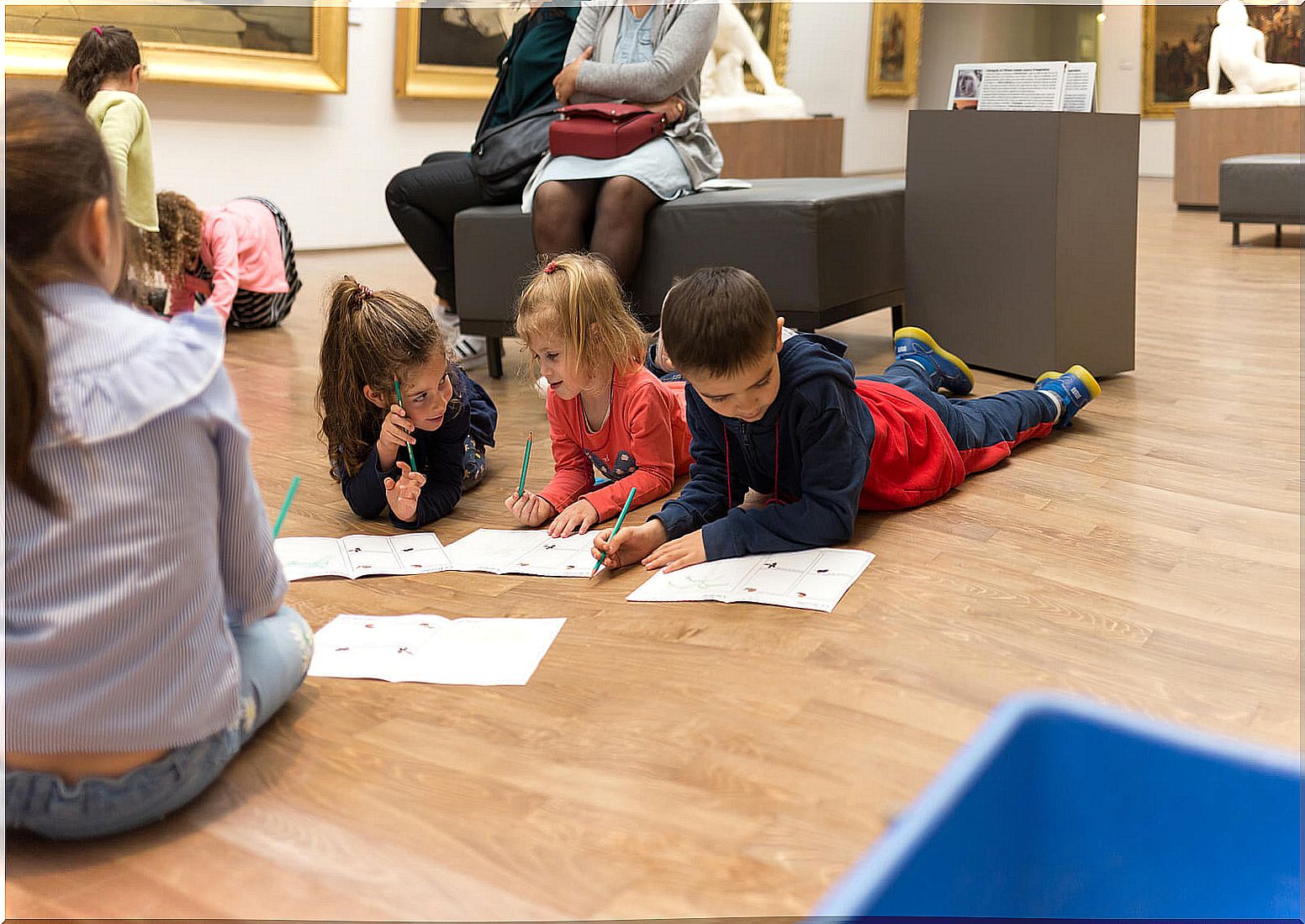
The pedagogy of error: teaching children to learn from mistakes
The pedagogy of error starts from the idea that errors are one more element of the teaching-learning process. Thus, once they are commented, it is important not only to identify them, but also to accept, assess and analyze them carefully, in order to verify and understand what has gone wrong and how it can be improved.
In this way, in the educational field, both students and teachers can find out what knowledge and skills have already been acquired and what are yet to be achieved.
The role of teachers and students in this type of pedagogy
In the event that a teacher decides to put into practice a teaching model based on the pedagogy of error in the classroom, it is necessary that, when correcting the proposed activities, he takes time to look for and detect the causes of the errors. mistakes made by his students.
In this way, the teacher assumes a guiding role and guides the students in their learning within a flexible environment adapted to the characteristics and educational needs of each one of them.
Likewise, it must be taken into account that, according to the pedagogy of error, teachers must evaluate the entire learning process and not only the final result of the exercises, as is usual in traditional educational methodologies.
For their part, students must take an active role and show a participatory attitude in relation to class activities.
In addition, for all of the above to work, children must get used to
- Express your ideas and thoughts without fear of judgment.
- Lose the fear of making mistakes.
- Socialize with all kinds of colleagues.
- Communicate openly with teachers.
- Understand the error as a constructive element that allows learning.
Educational methodologies based on the pedagogy of error and its benefits
There are several innovative educational methodologies that are based on the pedagogy of error. Among them are the following:
- Learning by inquiry or discovery.
- Autonomous learning.
- The experiential or experiential pedagogy.
- Learning by problem solving.
- Adaptive teaching.
- The heuristic method.
- Shared learning.
- Collaborative or peer learning.
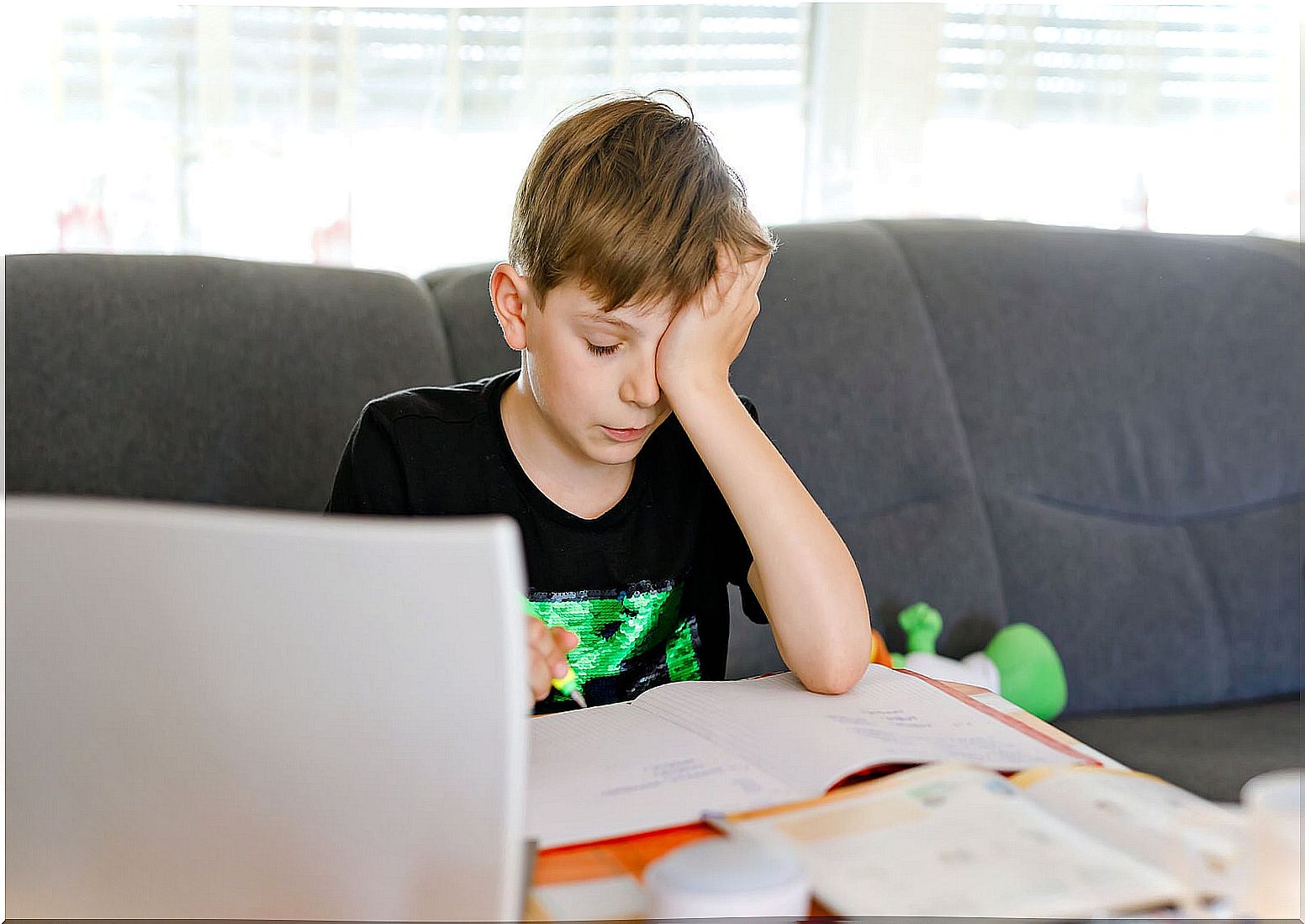
Any of these educational methods is beneficial for the learning of school-age children, since:
- They enhance academic motivation.
- They promote creativity.
- They promote inclusion and diversity in the classroom.
- They promote the development of critical thinking.
- They allow meaningful and autonomous learning.
- They allow preparation for the future.
Therefore, today’s teachers should offer students an education worthy of the 21st century and apply innovative educational methodologies in their classrooms, based on the pedagogy of error, so that new generations understand that mistakes are part of the life and should be seen as great opportunities to grow, learn and improve.
